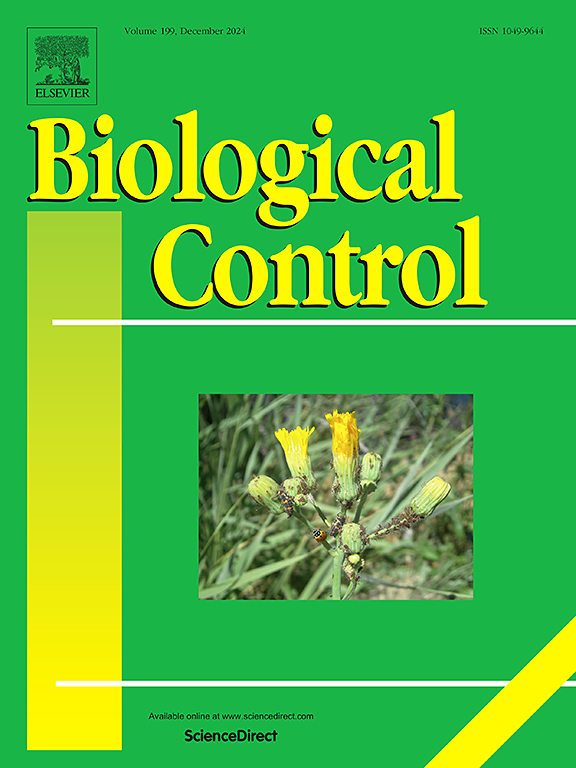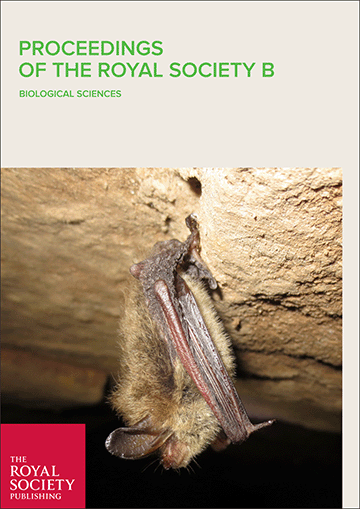The general reluctance of policy makers to include forests in discussions about global warming has changed with the development of measures to Reduce Emissions from Deforestation and Degradation (REDD). Mesoamerica presents a logical starting point to promote REDD due to the extent of its forest, and the relatively advanced state of its forest management institutions and policies. This paper reviews the prospects for REDD in Mesoamerica using PES and other instruments, with emphasis on the effectiveness of REDD measures at reducing emissions, and their effi ciency and fairness. It concludes that in spite of reduced deforestation in the region, the growth of payments to avoid deforestation will be the most important policy change related to REDD in the region in the coming years. However, the magnitude and impact of any payments must not be exaggerated and should be set in context of the overall trends resulting from broader social and economic dynamics.
Download:
DOI:
https://doi.org/10.1505/ifor.10.3.485
Altmetric score:
Dimensions Citation Count:

Publication year
2008
Authors
Kaimowitz, D.
Language
English
Keywords
community forestry, institutions, climate change
Geographic
Mexico, Belize, Costa Rica, El Salvador, Guatemala, Honduras, Nicaragua, Panama
























